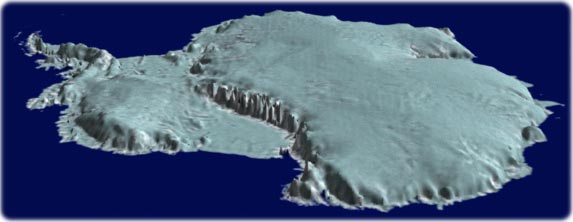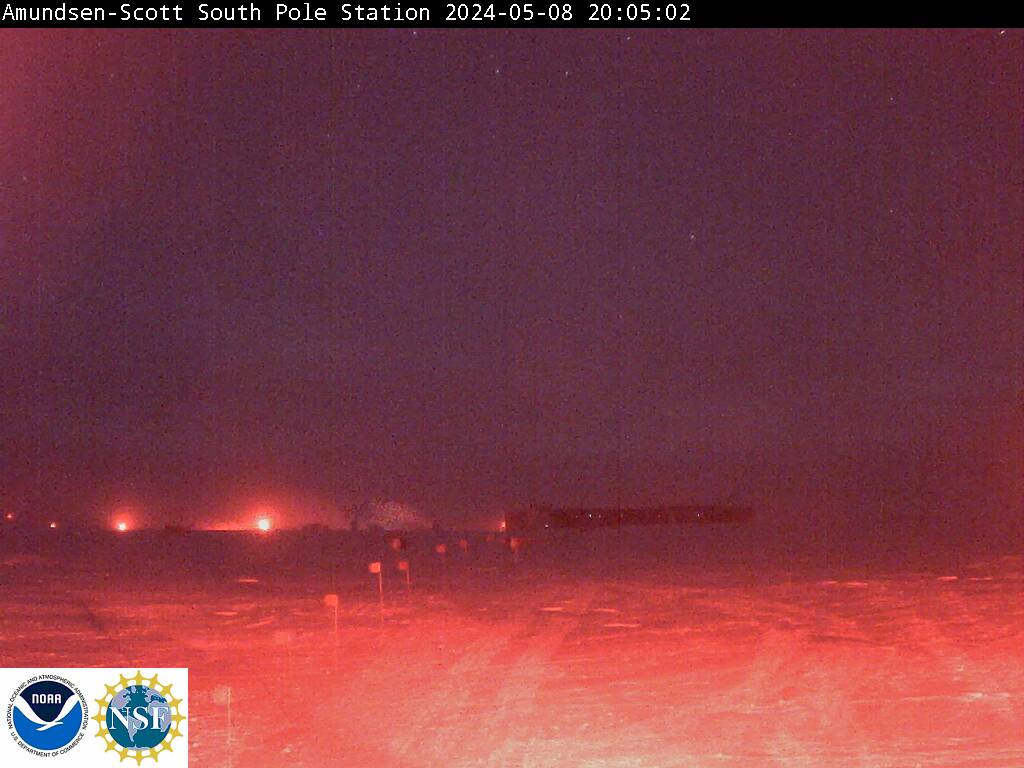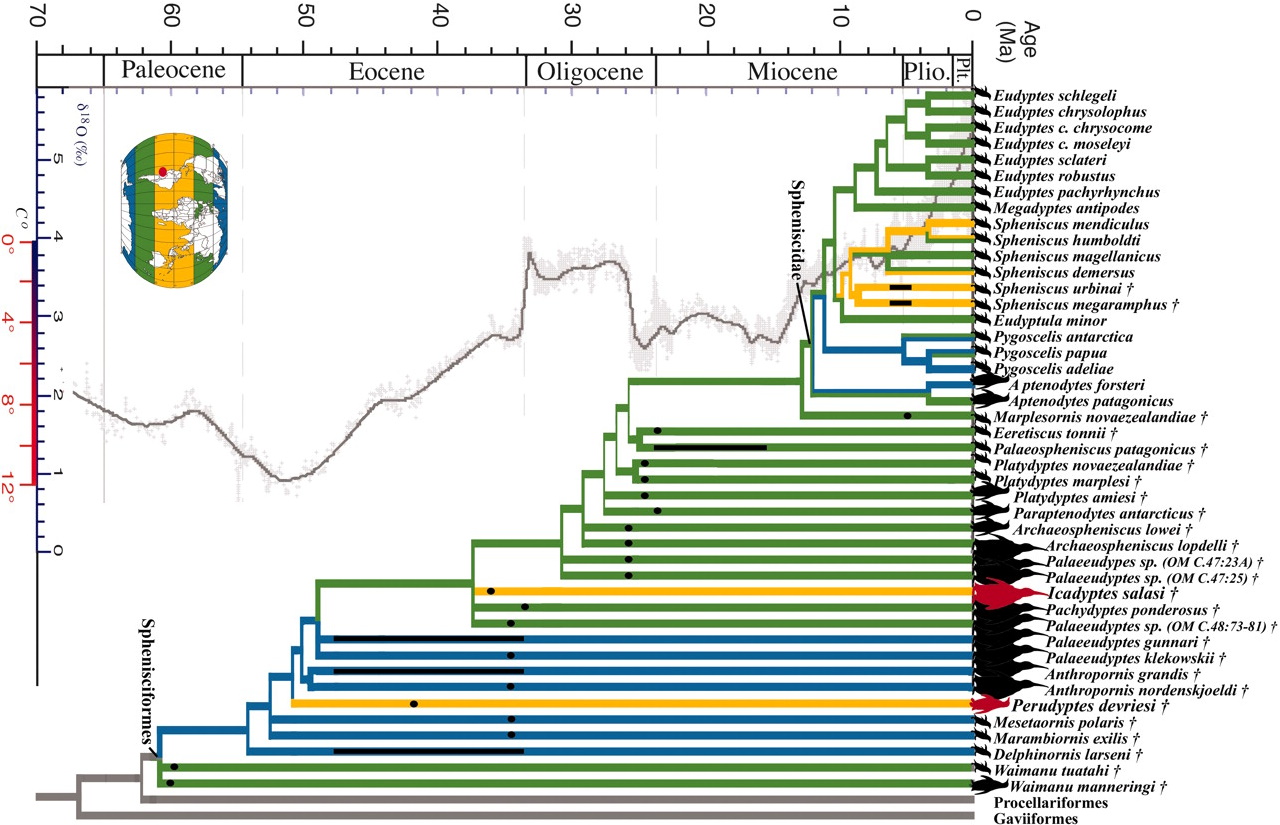ScienceDaily (Aug. 29, 2012)
— University of Alberta researchers found evidence that a feathered,
but flightless dinosaur was able to snag and consume small flying
dinosaurs.
Sinocalliopteryx's flying meals were three Confuciusornis. Confuciusornis was one of the earliest birds and had a crude version of a modern bird's skeleton and muscles. The researchers say such primitive birds were probably limited to slow take-offs and short flights.
According to the researchers, this is the first time a predator has been linked to the killing of multiple flying dinosaurs.
Scott Persons, a U of A paleontology student and research coauthor, says Sinocalliopteryx may have used stealth to stock the flyers. "Sinocalliopteryx didn't have wings or the physical tools needed to be an adept tree climber," said Persons.
Persons explains Sinocalliopteryx had feathers or hair-like fuzz covering its body creating a level of insulation that helped maintain a warm body temperature and high metabolism that required a lot of food to fuel.
"The fact that this Sinocalliopteryx had, not one, but three undigested birds in its stomach indicate it was a voracious eater and a very active hunter," said Persons.
This find was made in China's Liaoning province, and U of A researchers analyzed stomach contents of a second Sinocalliopteryx fossil discovery from that area. The researchers identified this Sinocalliopteryx's last meal as a Sinornithosaurus, a small feathered meat-eater about the size of a house cat that may have been able to fly or glide short distances.
"Sinornithosaurus is a relative of Velociraptor which means this is the first direct evidence of a raptor becoming another predatory dinosaur's meal," said Persons.
Story Source:
The above story is reprinted from materials provided by University of Alberta, via EurekAlert!, a service of AAAS.
Note: Materials may be edited for content and length. For further information, please contact the source cited above.
Journal Reference:
- Lida Xing, Phil R. Bell, W. Scott Persons, Shuan Ji, Tetsuto Miyashita, Michael E. Burns, Qiang Ji, Philip J. Currie. Abdominal Contents from Two Large Early Cretaceous Compsognathids (Dinosauria: Theropoda) Demonstrate Feeding on Confuciusornithids and Dromaeosaurids. PLoS ONE, 2012; 7 (8): e44012 DOI: 10.1371/journal.pone.0044012
University of Alberta (2012, August 29). Rare find: Feathered dinosaur feasted on flying food. ScienceDaily. Retrieved August 30, 2012, from http://www.sciencedaily.com /releases/2012/08/120829171943.htm


















No comments:
Post a Comment